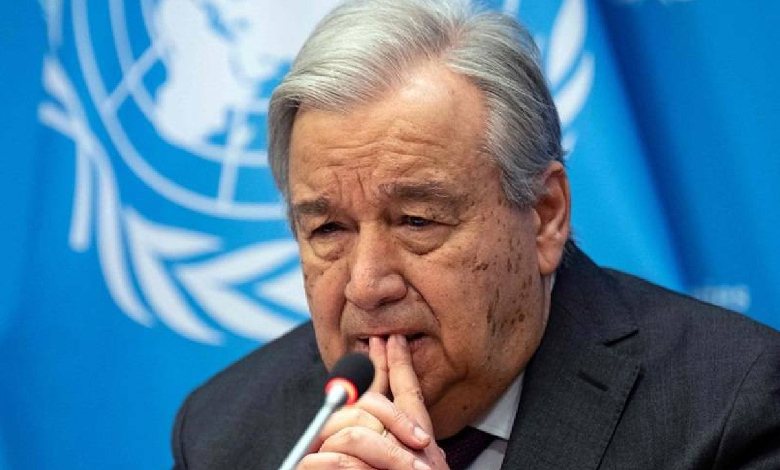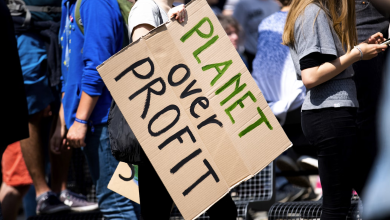UN chief raises alarm over climate change and deadly conflicts driving global food insecurity

UN Secretary-General Antonio Guterres expressed serious concerns on Tuesday over climate change and food crises increasingly threatening global peace, telling a UN meeting that “empty bellies fuel unrest,” according to the Associated Press.
Guterres urged the Security Council to address the impact of food shortages and rising temperatures on international peace and security. The European Union’s Copernicus Climate Change Service has already confirmed 2023 as the hottest year on record.
Need for long-lasting peace never felt more urgent
The UN chief highlighted the “devastating” relationship between hunger and conflict. He noted that the tiny Gaza Strip currently accounts for 80% of the 700,000 hungriest people on the planet. The Israeli offensive in response to a deadly Hamas attack has claimed over 28,000 lives.
Guterres also raised concerns over the situation in Syria. Following more than 10 years of war, 13 million Syrians go to bed hungry every night, he said, also noting that in Myanmar, prospects of ending hunger have gone into reverse because of conflict and instability.
Read More: New study estimates carbon emissions from raging Israel-Hamas conflict
The UN climate chief, Simon Stiell, told the council that climate change is contributing to food insecurity and to conflict, the media agency reported. He said one in 10 people today already suffers from chronic hunger and if climate change accelerates, “it will become worse.”
“Rapid, sustained action to cut greenhouse gas emissions and to increase resilience is needed now to help stop both from spiraling out of control.” The need for long-lasting peace has never been more urgent as the world navigates an unprecedentedly chaotic period.
258 million people facing high levels of food insecurity
Beth Bechdol, deputy director of the UN Food and Agriculture Organisation, reiterated a longtime FAO warning: “There is no food security without peace, and no peace without food security.” She said 258 million people in 58 countries are facing high levels of food insecurity.
There is clear evidence, Bechdol said, that “climate change increases risks and drivers of conflict and instability, such as disputes over land and water.” “And conflict contributes to climate change vulnerability, especially for people who are forced … to migrate.”

 2023 is confirmed as the warmest calendar year on record, with a global average temperature of 14.98°C, 0.60°C above the 1991-2020 level, overtaking 2016, the previous warmest year.
2023 is confirmed as the warmest calendar year on record, with a global average temperature of 14.98°C, 0.60°C above the 1991-2020 level, overtaking 2016, the previous warmest year.



